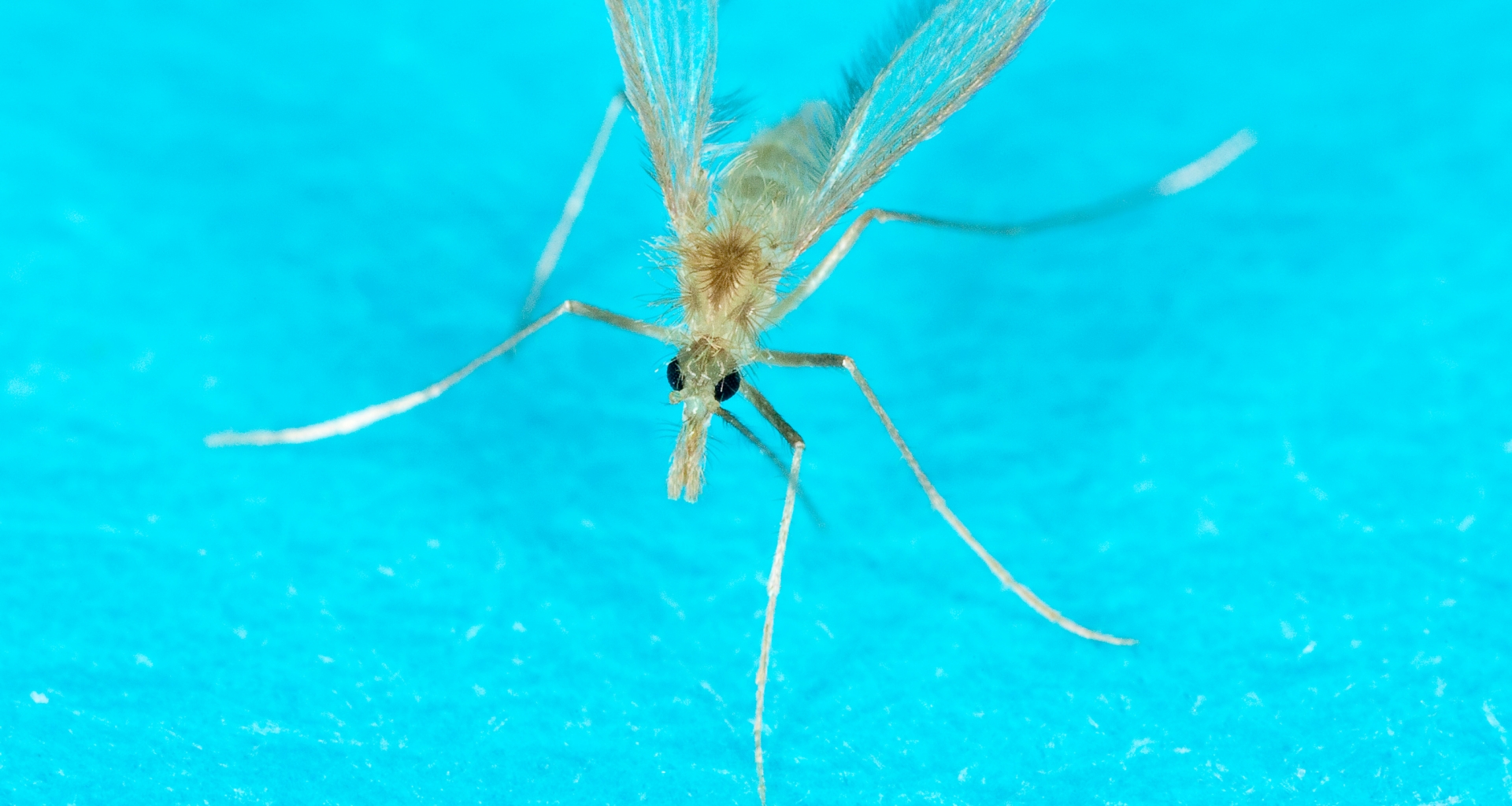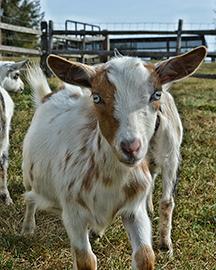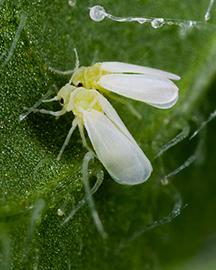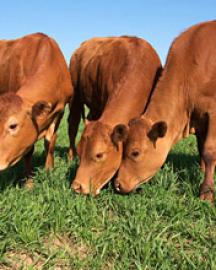Surveying Sand Fly Breeding Habitats
ARS researchers at the European Biological Control Laboratory in Thessaloniki, Greece, have developed a molecular method that could revolutionize the way we approach surveillance of sand flies as well as other arthropod vectors whose immature stages also breed in soil. Leishmaniasis, a parasitic disease found in parts of the tropics, subtropics, and southern Europe, is caused by a protozoan parasite transmitted by the bite of a female sand fly (Phlebotomus sp.). Approximately 1.3 million new cases of leishmaniasis and 20,000-30,000 deaths occur annually. Though leishmaniasis is not common in the United States, it poses a major threat to the U.S. military deployed overseas. To develop an efficient strategy to control Phlebotomus sp., it is important to address where immature stages of the Phlebotomus sp. occur in nature.
Using this molecular method, ARS researchers successfully detected and quantified Phlebotomus sp. larvae from different types of soil sampled from a variety of animal shelters (chicken, horse, goat, sheep, rabbit, goose, and pig). It can be adapted to detect other arthropods of medical and veterinary importance whose immature stages also breed in soil, such as ticks. This method will increase our knowledge of insect ecology for designing targeted control methods against the immature insect stages. It could also become a risk assessment tool to determine the threat of vector-borne diseases affecting wildlife, livestock, and public health.







